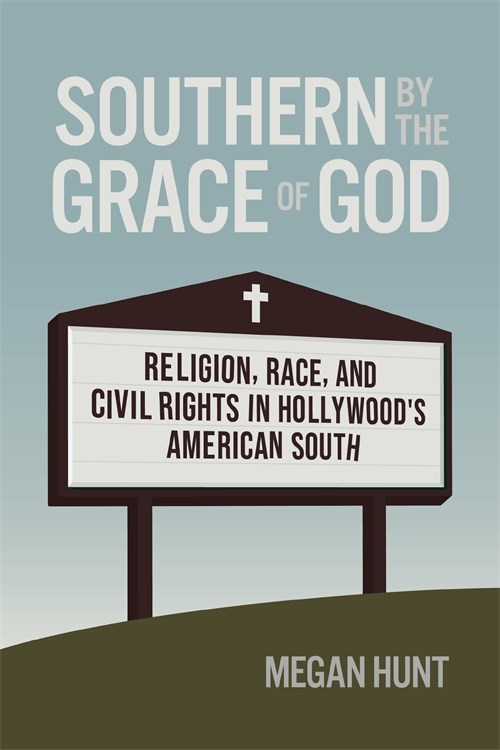2018 School Spending Survey Report
Southern by the Grace of God: Religion, Race, and Civil Rights in Hollywood’s American South
COPY ISBN
 Hunt (history, Univ. of Edinburgh) has written a timely, interesting, and well-researched examination of Hollywood’s portrayals of white Southern religious responses to the Black civil rights struggle in the United States. Hunt does this through the lens of gender, race, and class via a rigorous examination of the role of Southern religion in over 20 films, including To Kill a Mockingbird, Martin Scorsese’s version of Cape Fear, and Mississippi Burning. Her view of many films about the South, religion, and the civil rights struggle, no matter how these subjects enter the films, is that they lay the blame for racism on what she terms poor white “racial fanatics.” Meanwhile, Hollywood films generally—and inaccurately—portray white middle-class people and elites (who likely make up the majority of the audience of many of these movies) as not being participants in racist acts. Many other Hollywood films Hunt examines, such as The Long Walk Home, overemphasize white involvement on the side of the civil rights movement rather than relating, for instance, the role of the Black church in the fight for equality.
Hunt (history, Univ. of Edinburgh) has written a timely, interesting, and well-researched examination of Hollywood’s portrayals of white Southern religious responses to the Black civil rights struggle in the United States. Hunt does this through the lens of gender, race, and class via a rigorous examination of the role of Southern religion in over 20 films, including To Kill a Mockingbird, Martin Scorsese’s version of Cape Fear, and Mississippi Burning. Her view of many films about the South, religion, and the civil rights struggle, no matter how these subjects enter the films, is that they lay the blame for racism on what she terms poor white “racial fanatics.” Meanwhile, Hollywood films generally—and inaccurately—portray white middle-class people and elites (who likely make up the majority of the audience of many of these movies) as not being participants in racist acts. Many other Hollywood films Hunt examines, such as The Long Walk Home, overemphasize white involvement on the side of the civil rights movement rather than relating, for instance, the role of the Black church in the fight for equality.
VERDICT A well-written book that can fit in history, social sciences, and performing arts collections and will interest audiences of varied ages.
RELATED
ALREADY A SUBSCRIBER? LOG IN
We are currently offering this content for free. Sign up now to activate your personal profile, where you can save articles for future viewing




Comment Policy:
Comment should not be empty !!!